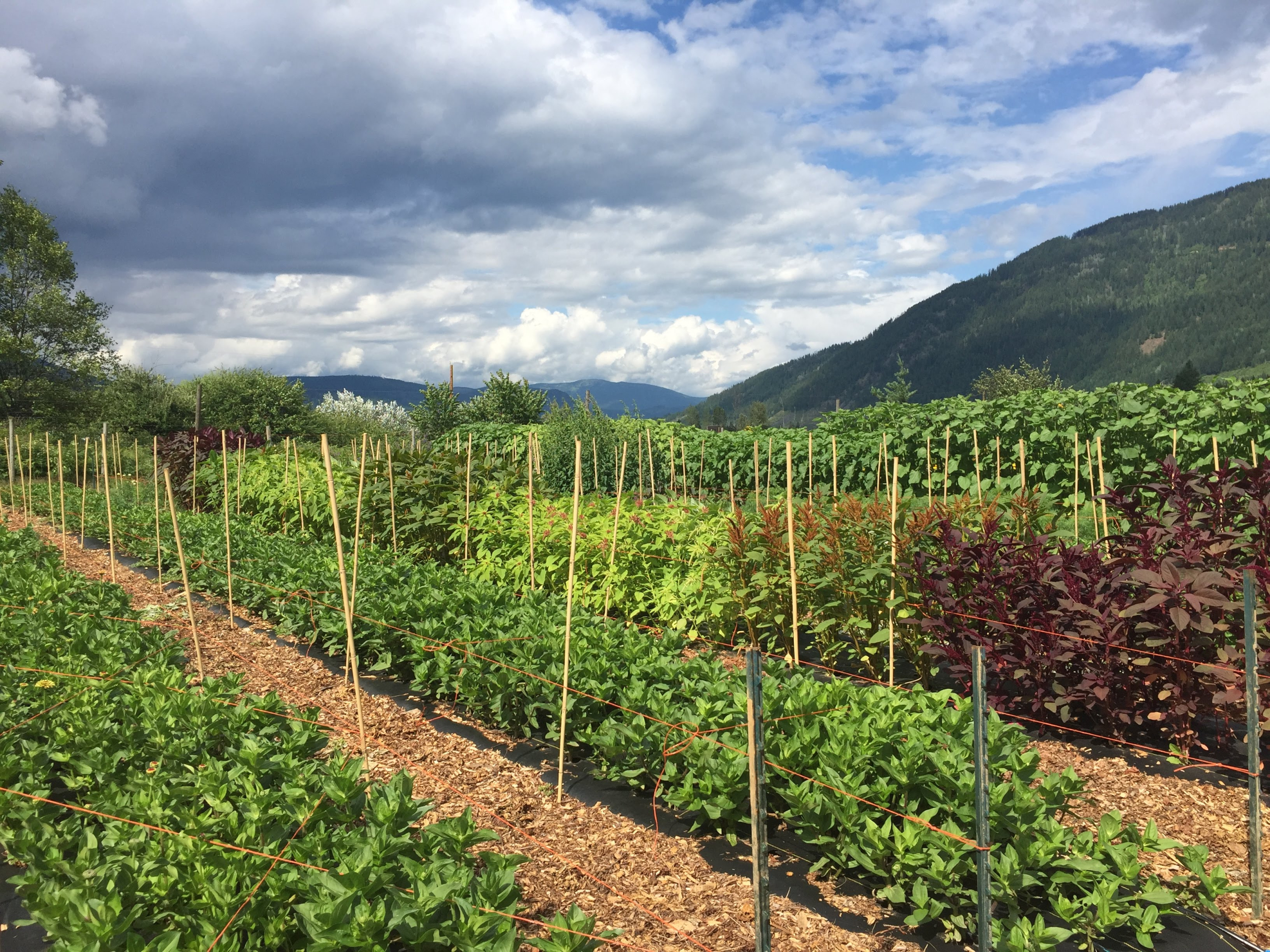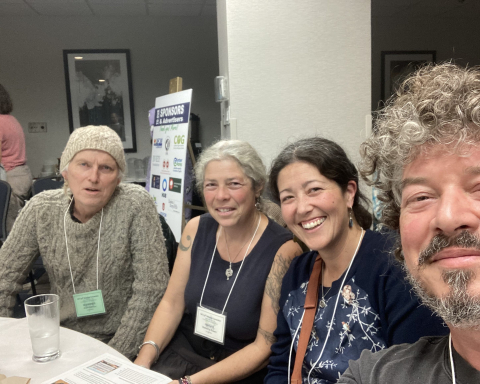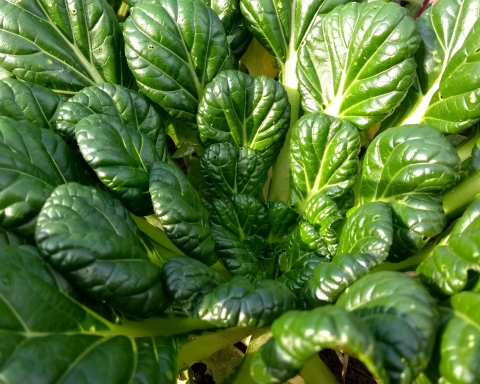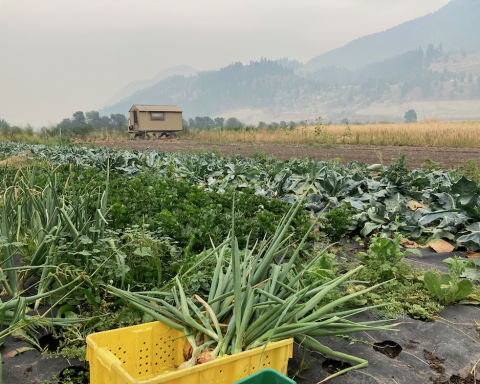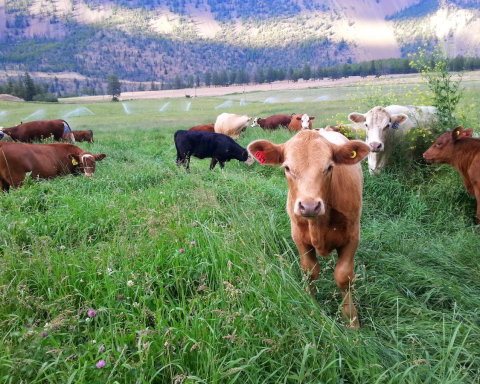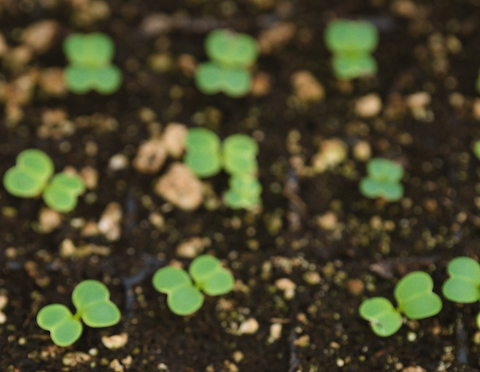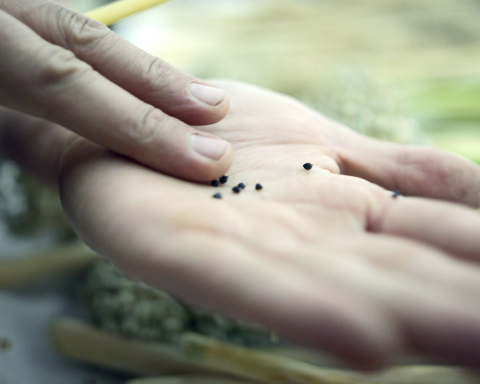By Abra Brynne
Farmers fulfill a complex set of roles. You grow and raise food that nourishes others—some of whom you may meet and some you will not. You are also entrepreneurs with a vested and real interest in seeing your business survive and, better yet, thrive. When you add organics into this mix, it necessarily introduces additional complexity.
There are those who choose to become certified organic because it is a smart business decision based on what the farm produces and market opportunities. But, as someone who has been an active volunteer in the BC organic community since the mid-1990’s, I am well aware that there are many who farm organically because you truly understand yourselves as stewards of the land you have the privilege to work. It is for this reason that you preserve riparian areas, bushy areas, and trees on the land even if it restricts the land available for cultivation. And many adopt practices to minimize disturbing the soil structures and the lives teeming under the surface, embracing no till practices without falling into the chemical trap that often accompanies no till.
The fact is, organic farmers have long been fully committed practitioners of climate-friendly agriculture for decades before such a term was coined. When I look back over the years of my involvement with Organic BC, alongside the many passionate, knowledgeable and caring volunteers with the organization, myriad examples come to mind that justify this statement:
- The cyclical and fierce debates on the standards review committee over the inclusion of manure from conventional sources into compost;
- Andrea Turner, who was adamant that the full life-cycle, including harm at the production stage of pressure treated posts, needed to be understood and incorporated into the deliberations of the standards review committee;
- Wayne Harris hosting a rotational grazing workshop provided by E Ann Clark, formerly of the University of Guelph, with multiple farmers from the Creston Valley deeply engaged in the conversations about optimizing soil, field, and animal health simultaneously and symbiotically through careful management;
- The Reid brothers who led the battle to open the Chicken Marketing Board to specialty producers, including organic;
Linda Edwards’ brilliant guide on organic tree fruit production; - Rick and Vicky Llewellyn, who also went toe-to-toe with a marketing board and the Canadian Food Inspection Agency in order to enable on-farm production of certified organic cheese;
- Hermann Bruns’ longstanding practice of sharing the knowledge they have garnered over decades of trial and error on the farm he operates with his partner Louise;
- Tim and Linda Ewert who operate Wildwood Farm near Pouce Coupe exclusively on bona fide horsepower, including using the horses to grind their own feed;
- Mary Alice Johnson who over the years has mentored so many young people who have then gone on to have their own successful farm operations;
- The persistence of volunteer-based regional certifiers that provide accessible certification to area farmers; and
- The hundreds of certified organic farmers in BC who work year-in and year-out, through the vagaries of market and climate, to grow and raise certified organic foods while working to preserve and improve the land upon which they work.
Recognizing Indigenous Stewards
It is well established that the world’s centres of biodiversity owe their existence to the stewardship of Indigenous peoples. I remember well the 2018 annual conference in Chilliwack at which several Indigenous Food Sovereignty leaders, including Dawn Morrison, spoke to packed rooms. BC organic farmers crowded in to learn more about Indigenous relationships to the land, their stewardship practices, and their work towards food sovereignty. The tensions with settler agriculture were also explored. While organic farmers perpetuate settler agriculture on the landscape, it is clear that there are areas of complementarity in the shared care for the land, the water, and all the species that contribute to the well-being of an ecosystem.
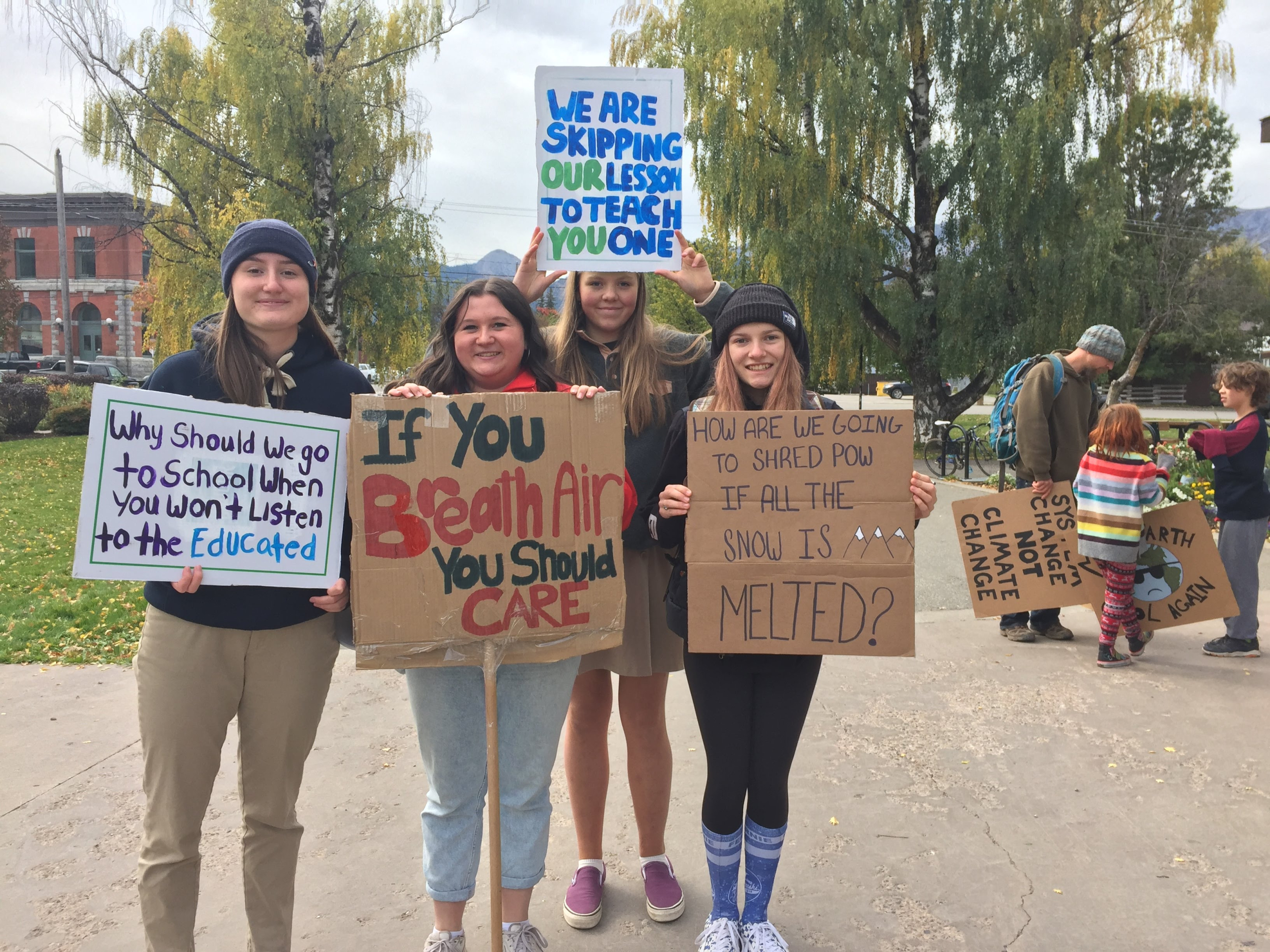
Youth Wisdom, Youth Voices
Scientists have persisted in their warnings about climate change over multiple decades, despite the fact that their words have fallen on uncaring ears for too long. One group that has needed less persuasion is the youth. In communities across our province, county, and around the world, youth are taking action. Many are so young they do not yet have the right to vote. Nevertheless, they are leading awareness campaigns, engaging with political leaders, and using their voices to focus more attention on the urgent need for action.
It is both sad and ironic that our un-enfranchised youth are among the most vocal about the need to save our precious planet. Groups like Fridays for Future can be found in most communities.
They understand that it is their future at risk. The generations before them who have been a part of getting the planet to its present state owe them a debt that can never be fully repaid.
Acting Together
The wildfires that raged across BC again in the summer of 2021 are a stark reminder of how important it is that humanity more fully embrace climate friendly practices in all aspects of life. The August 2021 release of the International Panel on Climate Change report made it abundantly clear that we have run out of time to take real action in the face of the climate crisis.
Farmers for Climate Solutions, of which Organic BC is a member, was instrumental in the August announcement by the federal government of the On-Farm Climate Action Fund. The program promotes the widespread adoption of climate-friendly agricultural practices. It is high time for organic farming to become the dominant—“conventional”—approach to agriculture.
By learning from and uniting the voices and knowledge of organic farmers, Indigenous Peoples, youth, and climate scientists, we can help to shift how humanity lives on this precious planet.
Abra Brynne grew up on a small tree fruit farm in Syilx Territory. She is a former co-chair of the Organic BC Standards Review Committee, a long-time volunteer with Kootenay Organic Growers Society, has sat on the Organic BC board, and was the founding certification committee chair for PACS. She has worked closely with farmers and on food systems for 30 years, with a priority on food value chains and the regulatory regimes that impede or support them. Abra is a founding member of many agriculture and food-related organizations. Since 2016, she has led the Central Kootenay Food Policy Council.
Featured image: Rows of crops at a diversified farm. Credit: Abra Brynne


